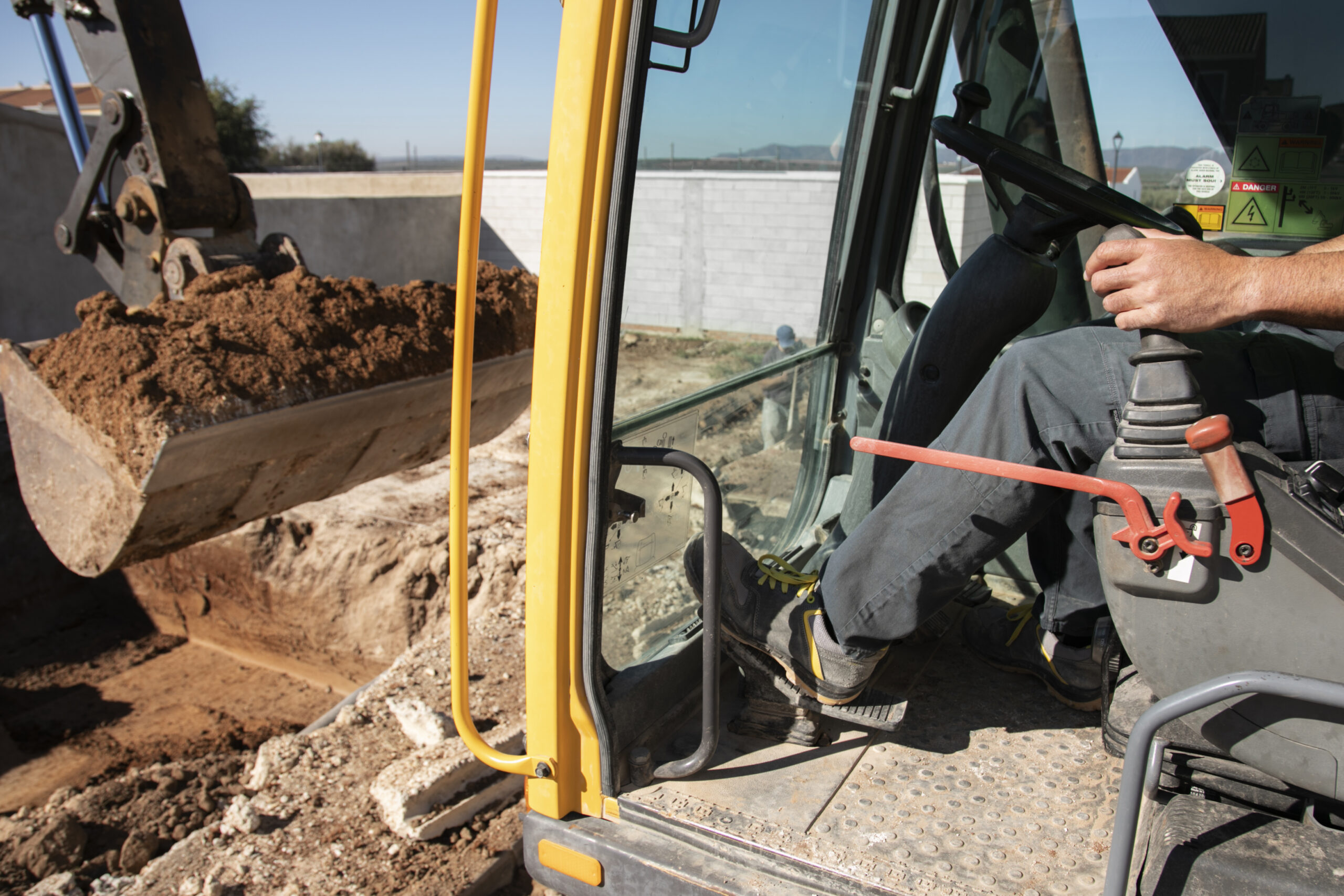How do Mini Excavators in Urban Projects affect the environment as cities continue to expand? These compact machines have become vital to modern construction because they can complete tasks that large machines cannot. They are used for roadwork, utilities, landscaping, and foundation digging in confined spaces where efficiency and precision matter most.
Their growing popularity, however, brings new questions. How much fuel do they consume? Do they contribute significantly to noise and air pollution? What role do they play in reducing or worsening the impact on soil, water, and communities? These are critical considerations in an era where governments, businesses, and residents demand greener solutions.
By exploring fuel efficiency, emissions, noise, soil impact, and technological innovation, this article provides a clear picture of how mini excavators influence urban sustainability — and how contractors can reduce their footprint while keeping projects on schedule.
Why Mini Excavators Are Essential in Urban Areas
Mini excavators are designed for restricted environments where traditional heavy machines simply cannot fit. Their smaller frame makes them perfect for urban roadwork, trenching, and landscaping projects.
- Smaller footprint reduces surface damage.
- Easy to move through narrow streets.
- Attachments provide versatility for multiple tasks.
- Lower fuel requirements compared to larger excavators.
Fuel Efficiency and Carbon Emissions
Fuel consumption directly influences carbon emissions. Mini excavators are generally more efficient than full-sized machines, which makes them a better option for urban environments.
- Diesel models contribute to emissions, while electric and hybrid units cut them significantly.
- Operator training to reduce idle time saves both fuel and money.
- Environmental regulations encourage cleaner, low-emission equipment.
For more tailored advice on selecting eco-friendly machinery, contact us.
Noise Pollution in Urban Environments
Noise remains a common challenge in busy cities. Mini excavators, while quieter than larger alternatives, still affect nearby communities.
- Barriers and scheduling help control noise levels.
- Electric excavators provide a near-silent solution.
- Reducing noise supports healthier urban living.
Soil and Ground Impact
Using a lighter excavator helps limit soil compaction. This preserves natural ground conditions, tree roots, and underground water flow.
- Protects local infrastructure.
- Cuts restoration costs after construction.
- Creates safer conditions for long-term development.
Technology Driving Sustainability
Technological innovation is shaping the future of construction equipment. Today, telematics play a key role by tracking fuel consumption and overall performance, offering valuable insights that improve efficiency when operating a mini excavator.
At the same time, eco-mode settings help reduce unnecessary power usage, ensuring machines run only as hard as needed. The industry is also moving toward cleaner alternatives, with battery-powered excavators providing zero on-site emissions and supporting greener construction practices.
Recycling and Reuse on Projects
Urban projects generate significant waste. Mini excavators fitted with sorting attachments can handle recyclable materials effectively.
- Reduce landfill use by reusing asphalt, metal, and concrete.
- Cut disposal costs for contractors.
- Support community sustainability programs.
Balancing Efficiency with Responsibility
Mini excavators play a vital role in improving productivity, but they must be used responsibly.
- Choose hybrid or electric units where possible.
- Conduct regular maintenance to reduce leaks.
- Train operators to follow eco-friendly practices.
- Follow safety guidelines for responsible operations.
Smart planning ensures projects meet performance standards without compromising environmental responsibility.
Conclusion
The environmental impact of Mini Excavators in Urban Projects is shaped by the choices contractors and developers make. When managed poorly, they can contribute to emissions, noise, and urban disruption. When managed well, however, they become powerful tools for sustainable growth.
Investing in cleaner engines, adopting electric and hybrid options, and recycling project waste are practical steps every contractor can take. Combined with proper operator training and regular maintenance, these actions reduce costs while protecting the environment.
At DMAG Equipment Rental LLC, we go beyond supplying machinery — we support businesses in building smarter and greener cities. With the right equipment and guidance, your urban project can achieve efficiency, safety, and sustainability together.
FAQs
Q1. Are mini excavators eco-friendlier than large units?
Yes, they use less fuel, produce fewer emissions, and cause less soil damage.
Q2. Can mini excavators be electric?
Yes, electric models reduce both noise and emissions.
Q3. How do mini excavators lower costs?
They consume less fuel and reduce restoration needs after work.
Q4. What attachments improve sustainability?
Sorting tools allow waste to be recycled instead of discarded.
Q5. Are they suitable for green building projects?
Absolutely. Hybrid and electric excavators fit modern eco-standards.

